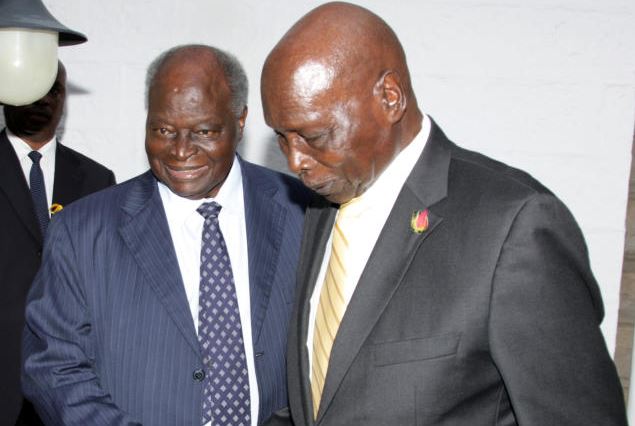×
The Standard e-Paper
Kenya’s Boldest Voice

If ever there was a student who understudied his master, mirrored his mentors and ultimately fitted in their shoes, it is Mwai Kibaki as he learnt his trade from Kenya’s best.
The self-effacing economist’s political journey was long and winding, from the days he was nudged into the tumultuous field of politics by Jaramogi Oginga Odinga, who convinced him to be a Kanu executive secretary instead of joining the world of academia or finance. And he learnt to behave like a fly on the political wall.